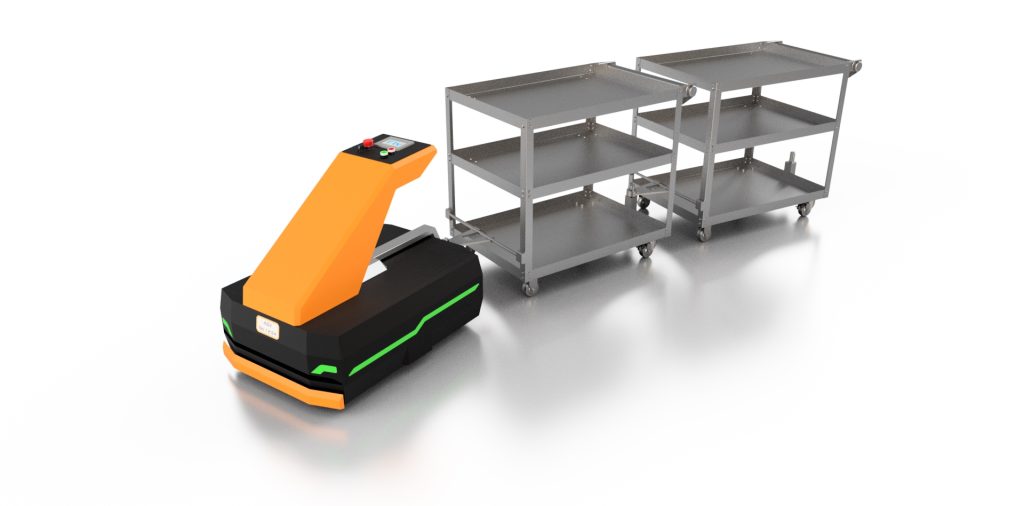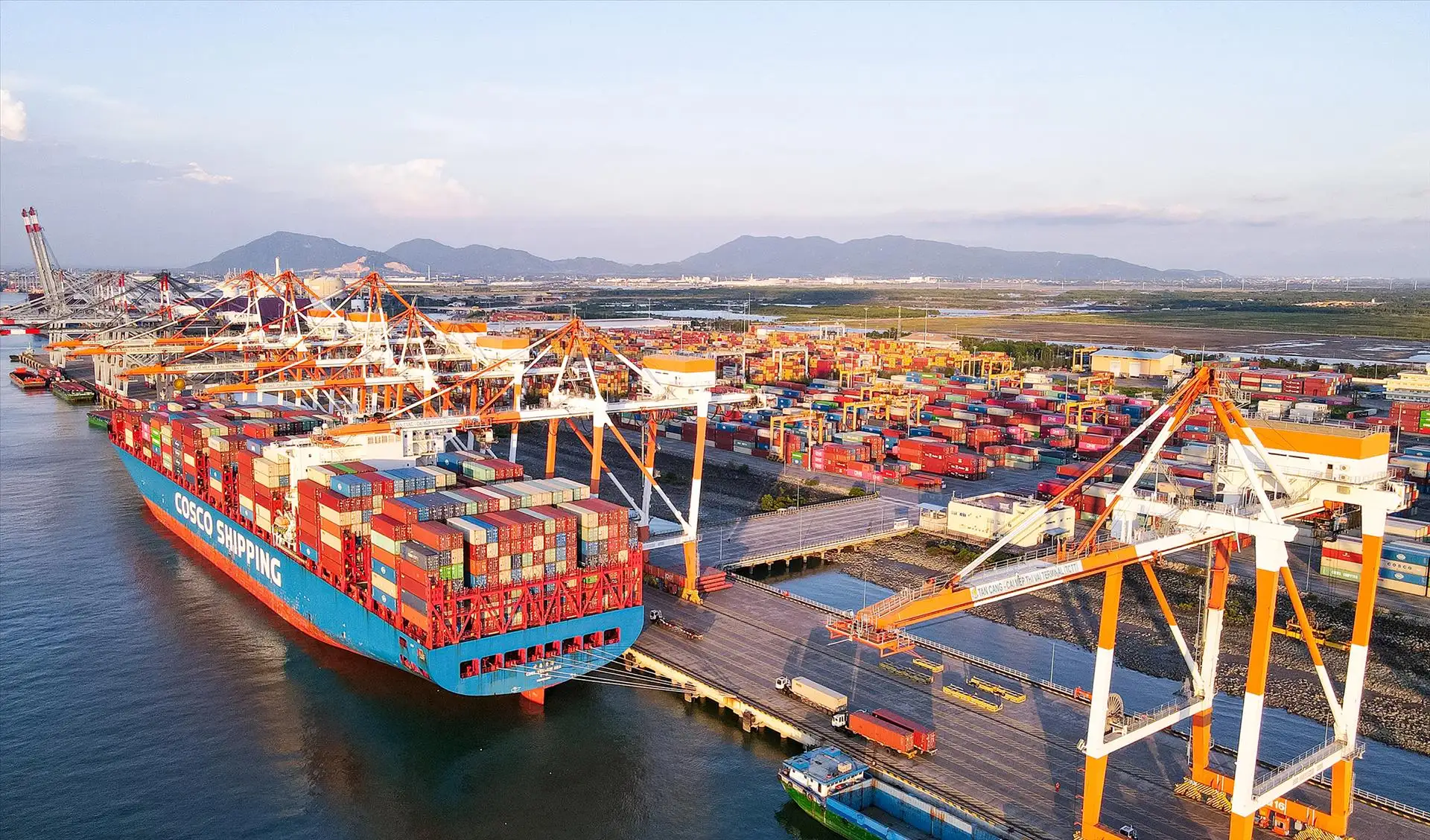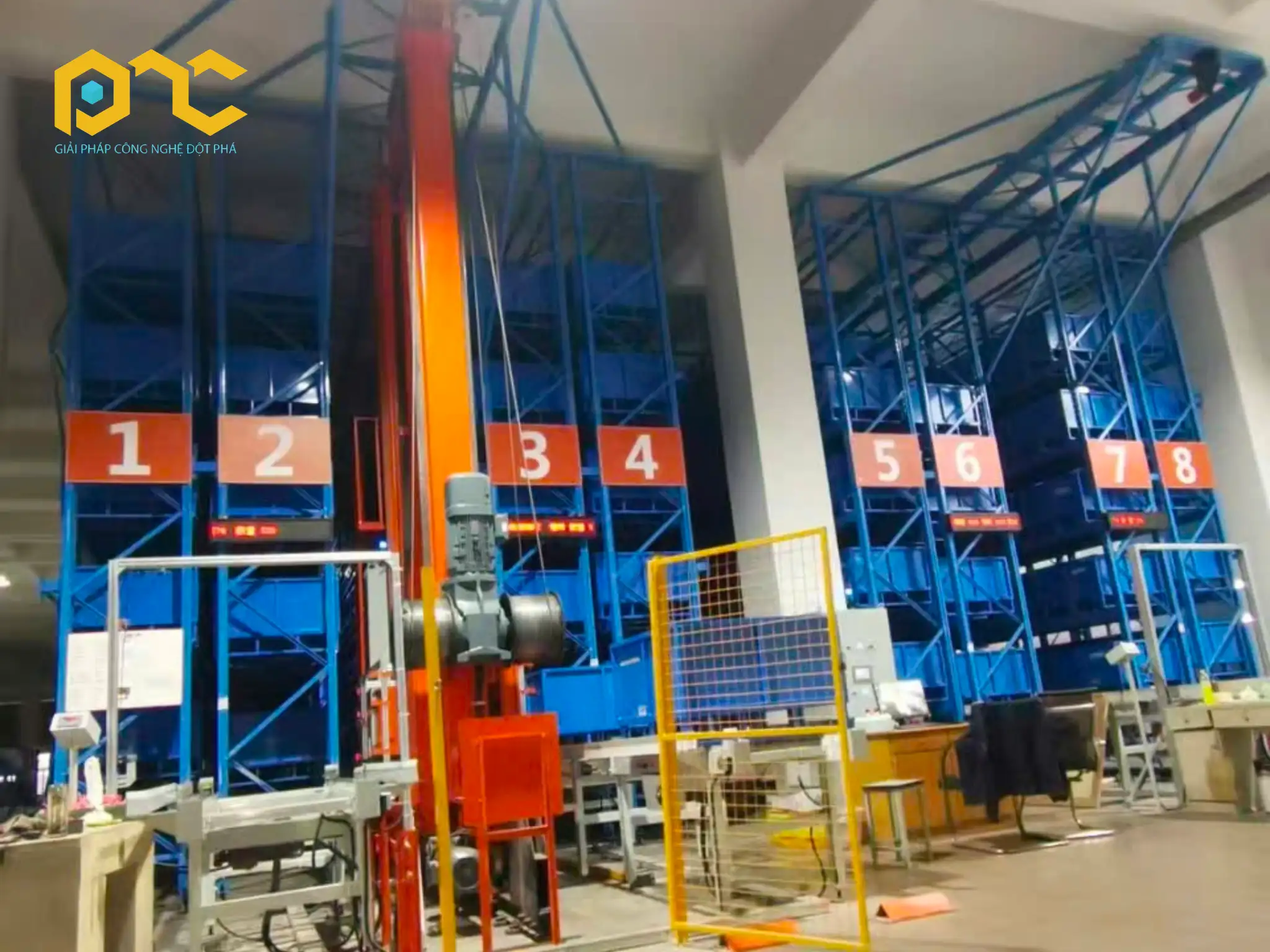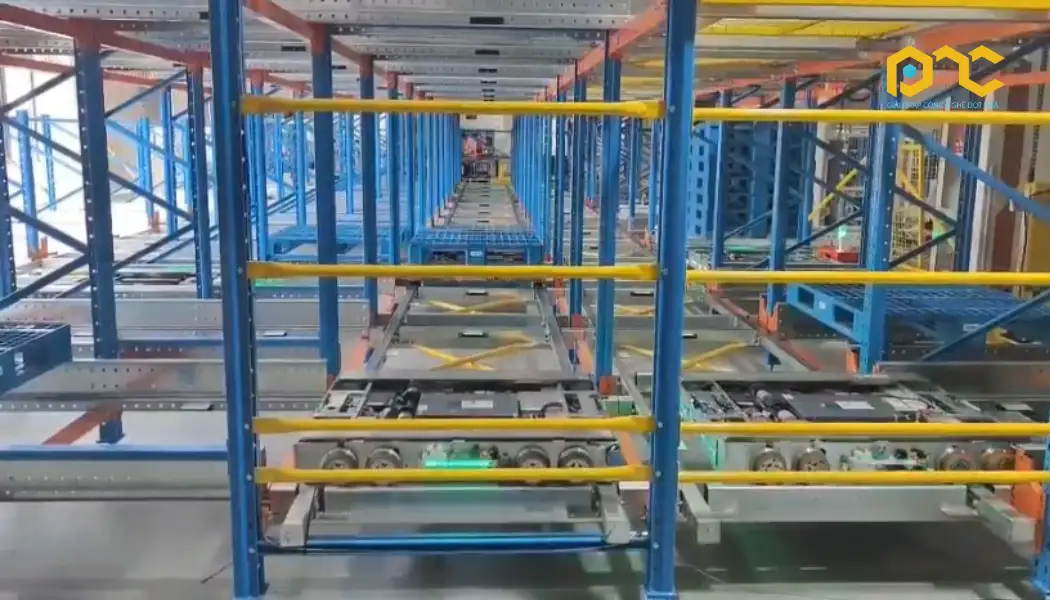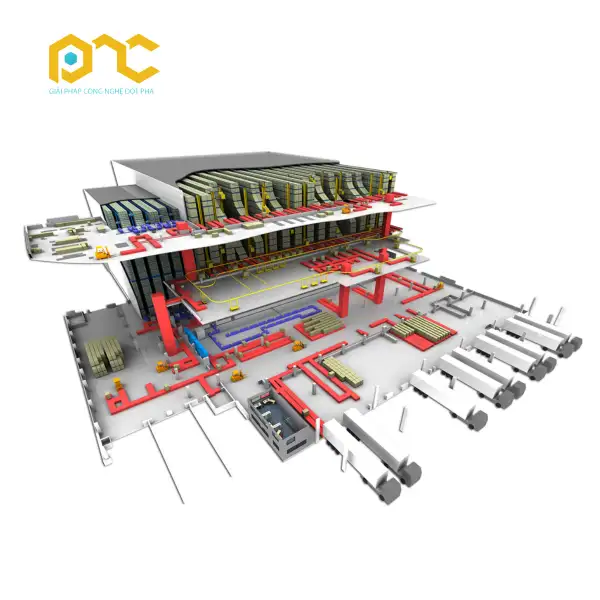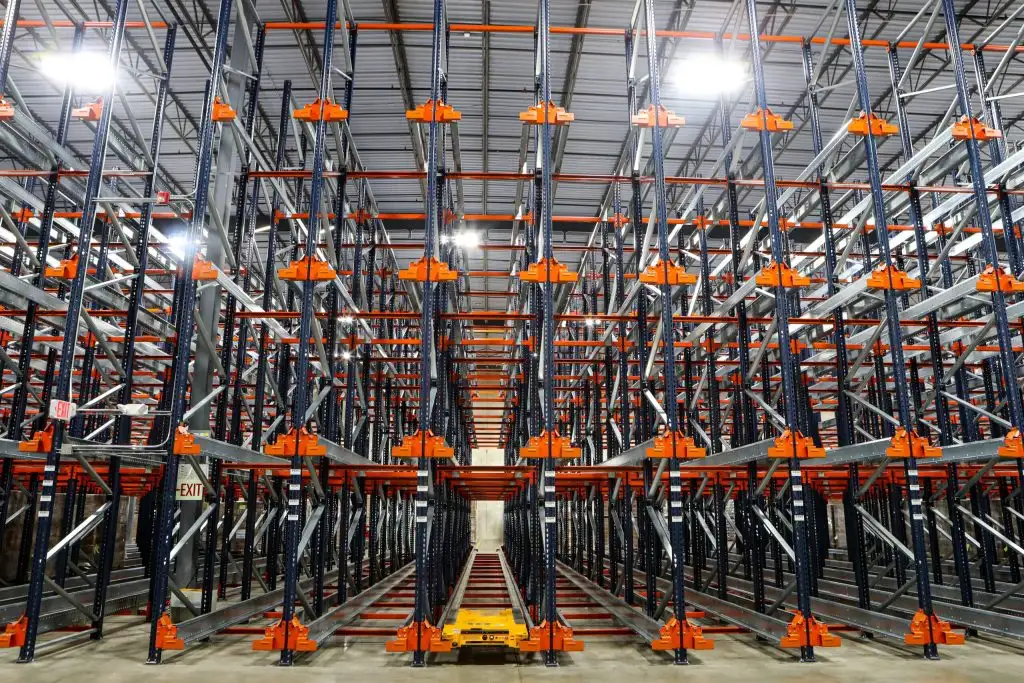In order to optimize automation in the manufacturing and warehouse processes, autonomous mobile robots (AMR) and automated guided vehicles (AGV) are widely applied for flexible and safe material handling. For heavy load items, tugger robots are used to assist in the transportation process.
Towing AGVs are automated material handling vehicles used for transporting various types of goods, including finished products and raw materials, within a factory setting. These robots are capable of autonomously pulling carts, pallets, or containers along pre-programmed paths.
The goods are loaded onto a separate mobile unit that lacks its own propulsion, and the tugger robot attaches itself to the unit and pulls it along. Multiple units can be connected together to form a train-like configuration for transporting larger quantities of goods.
Due to their ability to handle heavier loads compared to other AGVs, towing AGVs are widely employed in the transportation of goods between different stages of various industries such as automotive manufacturing, mechanical engineering, food processing, and textile production. They can transport containers, sacks in the food processing industry, or vehicle frames and components during the assembly of automobiles.

There are different types of tugger robots available depending on the attributes and weight of the goods, in order to meet the specific needs of businesses.
- Towing AGVs with a capacity of 1.5 to 2 tons, with a load capacity of 3300 to 4400 lbs, compact in size, and capable of operating in automatic mode. The maximum speed is 60 m/min (195 ft/min – 1570 in/min).
- Towing AGVs with a capacity of 2 to 5 tons, with a load capacity of 4400 to 11000 lbs, designed for automatic or semi-automatic operation.
- Towing AGVs with a capacity of 5 to 20 tons, with a load capacity of 11000 to 40000 lbs, manufactured from larger towing vehicles. These AGVs can be used outdoors and have a speed of up to 240 m/min (12 km/h – 780 ft/min).
Why should businesses invest in tugger robots in industrial manufacturing?
Cost savings
With their ability to automatically transport goods of varying sizes, including heavy loads, tugger robots help businesses save on labor costs by reducing the need for manual workforce.
Ensuring safety
Tugger robots are equipped with sensors to detect obstacles and operate accurately according to pre-programmed instructions. This minimizes errors during transportation, ensuring the safety of goods. Additionally, tugger robots can operate flexibly even in harsh environments, improving the working conditions for humans in the manufacturing area.
Enhancing labor productivity
Tugger robots can operate continuously with high precision and speed, ensuring timely transportation without any loss of goods. This boosts labor productivity by streamlining the transportation process and meeting deadlines.
Contact us at:
Address: A17, 17 Ta Quang Buu Street, Hai Ba Trung District, Hanoi
Hotline: (+84) 919 247 843
Email: diep.ns@pnctech.vn

